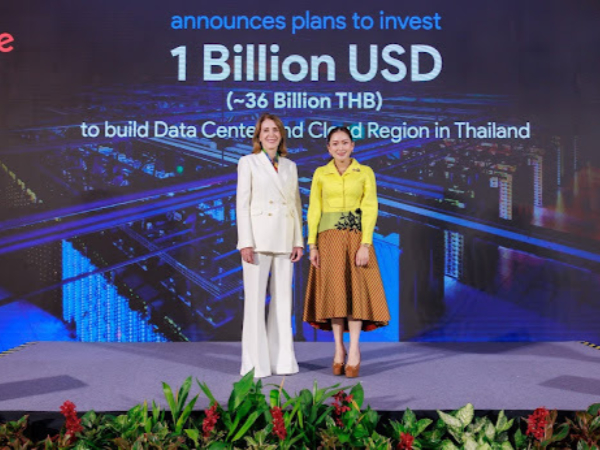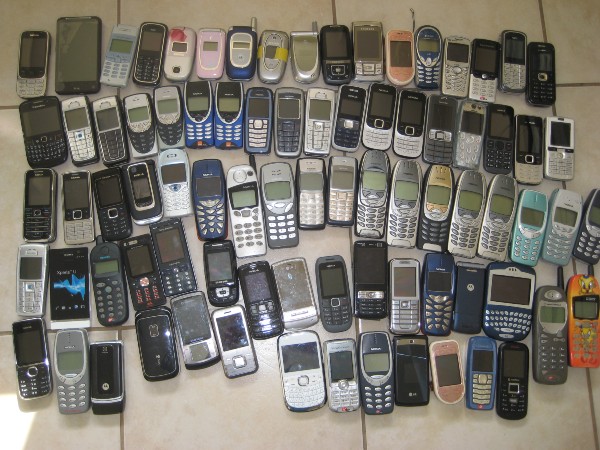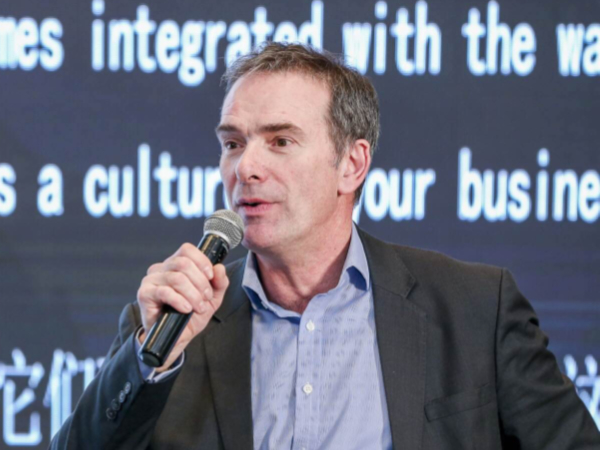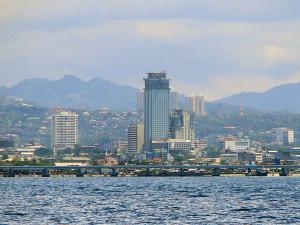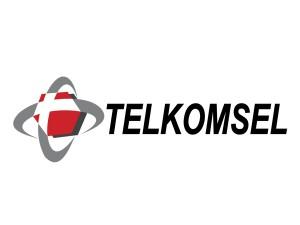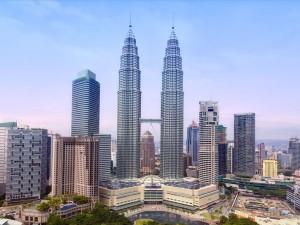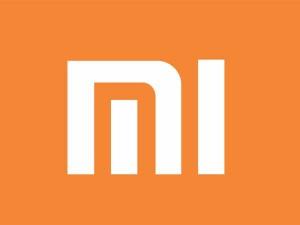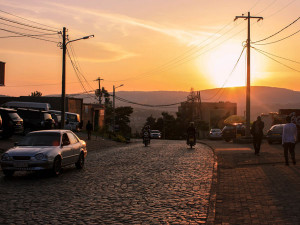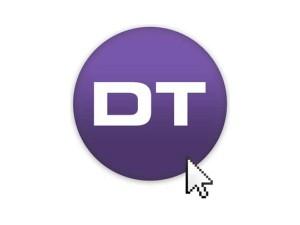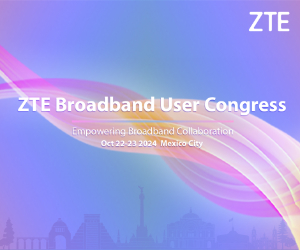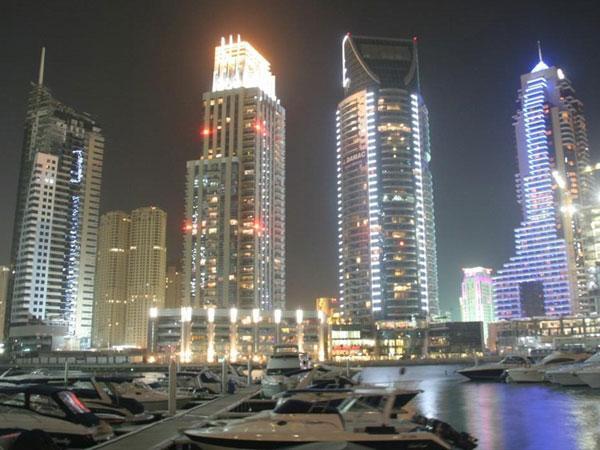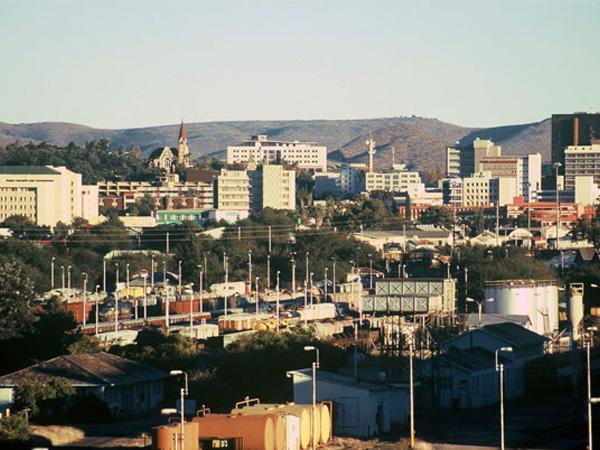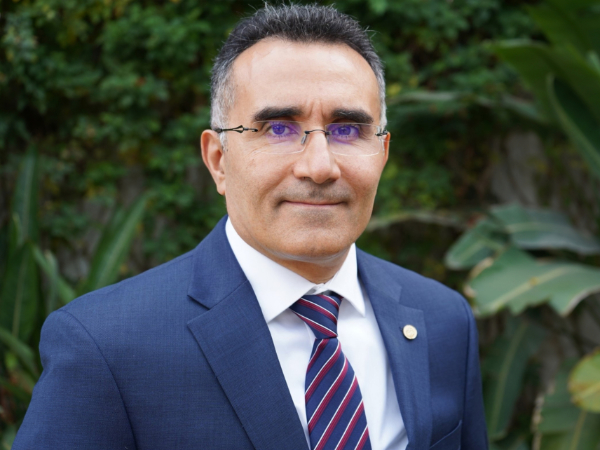As a major consumer of energy, the telecoms sector has long been pursuing initiatives to reduce its impact on the climate. Most operators have implemented measures to reduce their Scope 1 and Scope 2 (direct and indirect) emissions, but Scope 3 is often overlooked.
These emissions relate to operator supply chains, and while this of course makes them difficult to address, they are typically the largest contributor to an operator’s overall carbon emissions.
Individually it can be difficult for operators to address Scope 3, but organisations such as the Joint Alliance for Corporate Social Responsibility (JAC) enable operators of all sizes to share best practices and exert collective influence on suppliers to improve transparency and help reduce Scope 3 emissions in their supply chains. We spoke to John Spear (pictured), the General Manager of JAC and Managing Director of EPI Consulting, to learn about how the organisation helps drive collective impact on Scope 3 emissions.
Why are Scope 3 emissions so overlooked?
A telco is a massive user of electricity. The first step is for them to decarbonise their own operations - the electricity that is running their network. Depending where you are in the world, that can be easier or more difficult, but particularly in some of the developing world we are seeing quite a drive, and that's coming from the manufacturing sector. People want to put in place a power purchase agreement for decarbonisation in places like Vietnam, Indonesia etc, because they make a lot of stuff, and that's the only way they're going to get the carbon down. A typical telco will address Scopes 1 and 2, and when they've done that, they get left with between 70% and 90% of their carbon footprint in the supply chain. You're also seeing a whole raft of solutions now which come packaged with renewable energy - maybe not the core network, but base stations, etc. But if you want to roll out network rapidly, and you're doing it in challenging environments, that then leaves you with this rump of the carbon in the supply chain.
There’s the social aspect, but also consumers and populations are concerned about it, although less so in the developing world. The biggest factor is capital: if you want to roll out networks, you need a lot of money. I think the reductions in interest rates will only be relatively short term, and then they'll be back up again – they’ve gone from easy, free money to expensive money. Telcos are tapping up green bonds and green investment, and that's a global market, so even in the developed world, you've got to get your capital from somewhere to roll it out. [Green bonds are] attractive investment options, and [telcos can] get half a base point off repayments, so they’ll go for that. That comes with a requirement to have in place and hit targets, because it's green money. We all know about the benefits that you put a mobile signal in somewhere, people can set businesses up, work from home. It's one of the most important economic developments, and someone's got to fund that. Green funds in Sub Saharan Africa, or the Far East, are hitting social targets, bringing connectivity, healthcare, education, but [not] at the expense of a carbon footprint. It's all funding driven.
Do operators feel less able to act on the issue because so many elements of the supply chain are obviously out of their hands? Is there less incentive to address it when you know that they can signal that they're taking action on the elements that are within their control?
Exactly. I'm the General Manager of JAC – the Joint Alliance for CSR – which lets operators audit their suppliers to – for example - make sure they're not using child labour in the supply chain, then swap the results. We now have 27 members, and we're doing about 200 to 250 audits a year in the social area, and a year ago we moved into the carbon area.
If one auditor shares their with 26 operators, they only have one audit to do, which is much better from their side and the supplier’s. JAC is overweight in western telcos, but our top five western includes Deutsche Telekom, AT&T, and two of the Chinese operators. I won't get into the politics the Chinese operators, and social values, which is where we started, but on the carbon side, it's one voice. If all your customers ask you to do something, you take it a bit more seriously than if it’s one customer. We've seen this with MTN – they’re an active member of JAC, and asked to join the board last year because they want to have an active a role in shaping policy, particularly in the carbon area. Obviously their focus is in emerging markets as well, on the mobile side, but it cuts the effort, it’s one common approach, and you get leverage.
This is the benefit for developing markets - operators are behind [their] western [peers], so they need to know what to put in their contracts and how to engage with suppliers. Within JAC, they can go to a library and pull down standard contract clauses, which they can then adapt, learning off what others are doing. It cuts their costs, and they get seen to be best practice, which is a massive benefit when trying to deal with other stakeholders.
Does acting as an alliance afford operators a greater influence over their suppliers? If an individual operator withdraws its support or boycotts a supplier, that's presumably not going to have that much of an impact, and suppliers would just look elsewhere.
To be clear, and fair from an antitrust viewpoint, we don't pool [purchase power], but everyone buys individually. What we do is we try and align requirements and have one ask. Marketplace circularity is a really interesting topic, because there's an insatiable demand in emerging markets for second user smartphones. They don’t necessarily want to spend US$100 on a new feature phone compared to spending twice that on a 12-month old iPhone 15 – people want the latest Samsung or smartphone. As operators, can we link together on the circularity aspect? How do we account for carbon across them? If you tear out equipment from a network in the UK or Sweden and sell it to a developing country, then they get all the carbon benefits. It's zero carbon for them – if the original operator has absorbed the cost of it, then linking it together provides a lot of benefits. It's really tough on your own, so collaborating is a really good way forward.
In that regard, how does JAC engage its members? If you buy individually, can you collectively apply pressure to suppliers to make sure they're following best practices? Are the audits aimed at achieving particular certifications or boosting transparency?
We're running a carbon reduction program, which is one-on-one engagement with big suppliers, and a supplier engagement program, which deals with lots of mid-sized suppliers. We've got about 1000 suppliers in that at the moment. The customer asks a supplier to report on what they're doing to reduce their carbon footprint, we give them a maturity rating, then we provide training. If you're a smaller supplier, it's very practical: how do you measuring and calculating net zero; costing; signing up to science-based targets. What do you do if you’re in Vietnam or Indonesia and can't buy green energy? You can look at energy efficiency, and we provide the training on how to report it.
With the other carbon program, a lead member will deal with one supplier on behalf of everybody. If you're a small operator in the Philippines or Africa, you might have a requirement from you funding that means you have to cut carbon – but you want to buy Ericsson base stations. A larger operator with clout will lead the engagement with Ericsson; if a supplier in an emerging market buys an Ericsson base station, a member of JAC can check our library to see how much we’re reducing the carbon. They can then put this through to their funder, who’s happy the operator is bringing digital services to emerging economies, ethically and with minimal carbon emissions.
Are operators in emerging markets attracted to joining JAC?
One of the more challenging aspects for some of the emerging markets to become a member of JAC [is that] we started in human rights and corporate social responsibility. We look at the record of the operator, we do vetting, and we have a set of a standards, but we really welcome anybody into JAC.
To be honest, it is more the Western telcos who provide the leadership, but we do have active participation, particularly where they people have taken investment, and they want to be seen to be active.
The narrative of decarbonisation as a first world problem is beginning to shift. With many emerging markets feeling the impact of the climate crisis first-hand, is action increasingly being driven by these regions?
Drought, rising sea levels, these are very real, life-threatening challenges in the Global South. We're seeing quite a lot of regulations starting to pop up and be talked about in the global south – they’re lagging by probably two to five years, the global south is not where the north or developed world are at the moment in terms of corporate social responsibility, reporting directives, but they're surprisingly not that far behind.
CSR is perhaps an unlikely champion for environmental impact, but it's interesting to see -having the standardized approach, having financial incentives, sharing the best practices, sharing the resources, it’s straightforward, it makes sense, it's working for the way that businesses are structured, and it's a replicable model in emerging markets.
That's where the benefit is if you have a global organization like JAC - we have other organizations like GSMA that set the standards, handle lobbying and the accounting for carbon etc, but we're at the practical end. We actually go and speak to suppliers, and say ‘what is the carbon footprint of this base station? How much are you going to cut it? How are you going to report it? Let's check what you're saying is correct.’ And if you are a smaller operator in emerging markets with less clout - How do you get involved in that? Well, you join the team. It is very hard for a telco on their own, in terms of the scale, experience, resource, market clout, these are all challenges that they face. But they want to do this for a variety of reasons. Finance is important, regulation is important. They're starting to see that. Consumers want the telcos to take part – they might still want the latest iPhone even if it’s got a big carbon footprint, but the collaboration is a great way to go.


